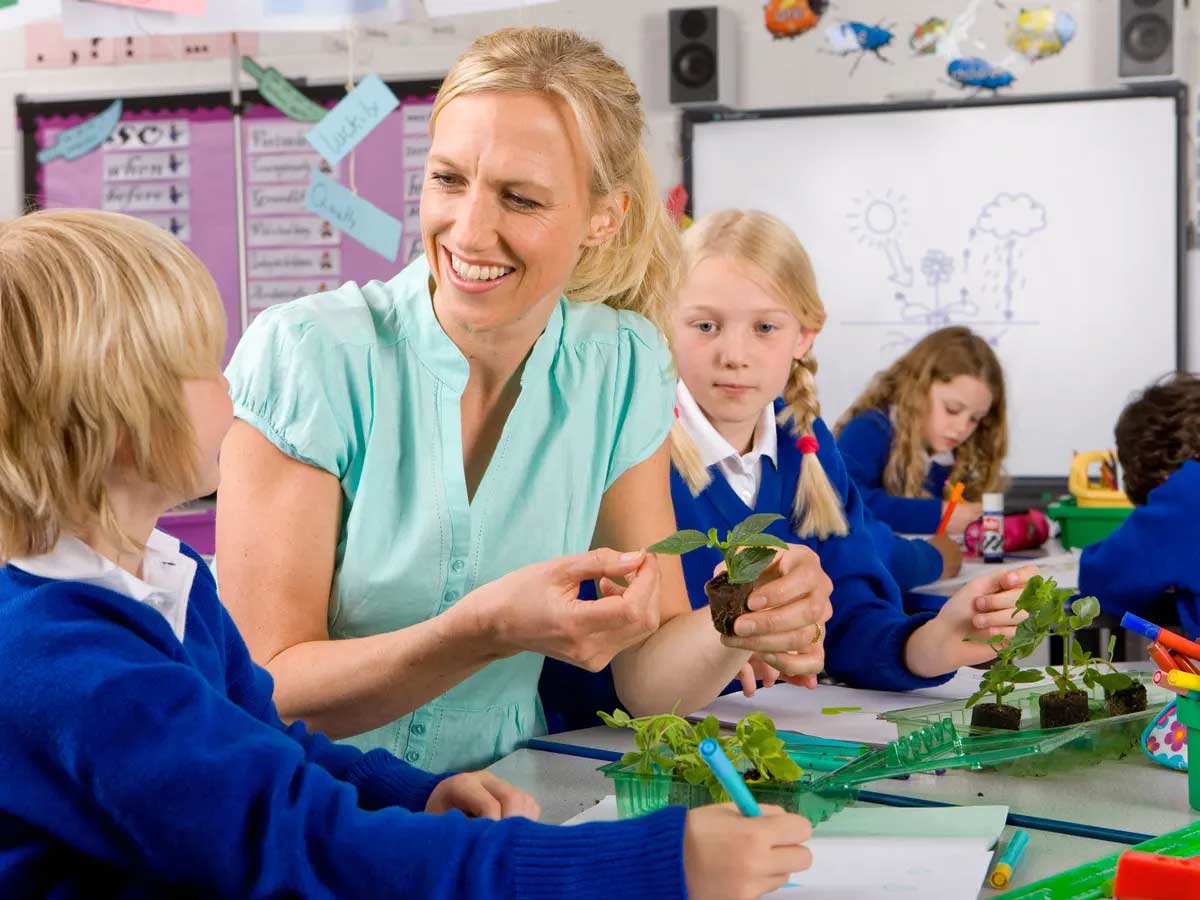The role of teachers has changed in the constantly changing educational environment from being merely information providers to facilitators of active learning. Interactive teaching tactics that promote student participation, critical thinking, and cooperation are progressively replacing traditional lecture-style teaching methods.
In addition to fostering a deeper grasp of subjects, interactive teaching methods also help students develop vital skills that will prepare them for the difficulties of the modern world. In this post, we’ll look at 10 interactive teaching strategies that give teachers the tools they need to design stimulating classrooms.
These strategies are intended to hold students’ interest, foster engagement, and advance a better comprehension of the subject matter.
These tactics offer a wide range of possibilities to fit various subjects, age groups, and learning styles, from cooperative group activities to technology-enhanced learning experiences.
Role-Playing
By giving students specific roles or characters connected to the subject being studied, role-playing is an immersive strategy. It encourages pupils to consider many points of view, foster empathy, and sharpen their problem-solving abilities.
Students learn actively, apply theoretical ideas to actual situations, and develop their creativity and communication abilities through role-playing.
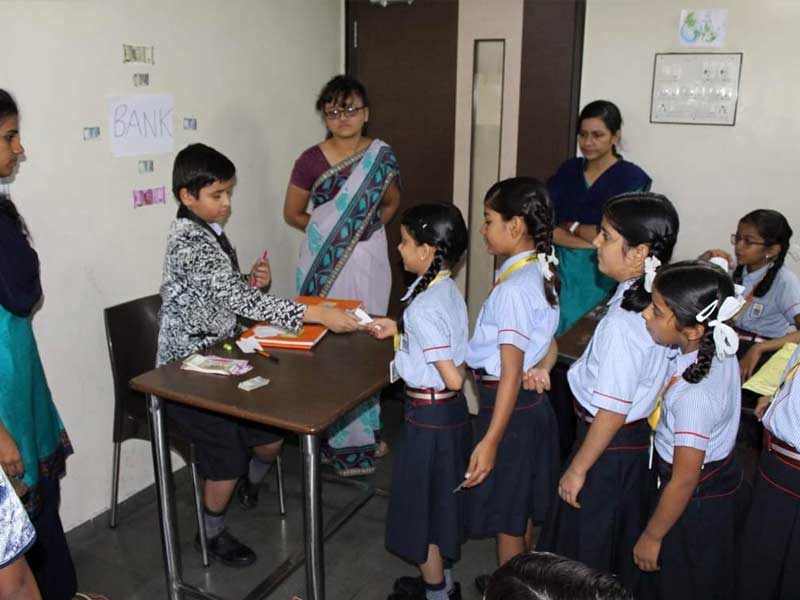
Role-playing exercises can gain additional engagement by incorporating technology. Students can, for instance, use augmented reality (AR) or virtual reality (VR) applications to fully immerse themselves in simulated surroundings related to the subject.
Think-Pair-Share
Think-Pair-Share is a straightforward but effective teaching method that promotes critical thinking and active involvement.
Students can be prompted to record their initial ideas or thoughts during the “Think” part of Think-Pair-Share in a private diary, encouraging reflection and introspection. As students become more conscious of their own thought processes as a result of this self-reflection, it can improve metacognitive abilities.

Students can further develop their ideas by adding peer comments and constructive criticism to the “Pair” stage.
Incorporating digital platforms or online discussion forums can finally give students a bigger audience to present their views and gain input from a larger community during the “Share” phase.
This method encourages pupils to work together and communicate effectively while also assisting them in forming their own opinions.
Group Discussions
teaching methods, such as Students can share ideas, get new perspectives, and learn from one another through group conversations. Students who collaborate on projects improve their interpersonal and communication skills as well as their comprehension of the subject matter since they are exposed to a variety of viewpoints.
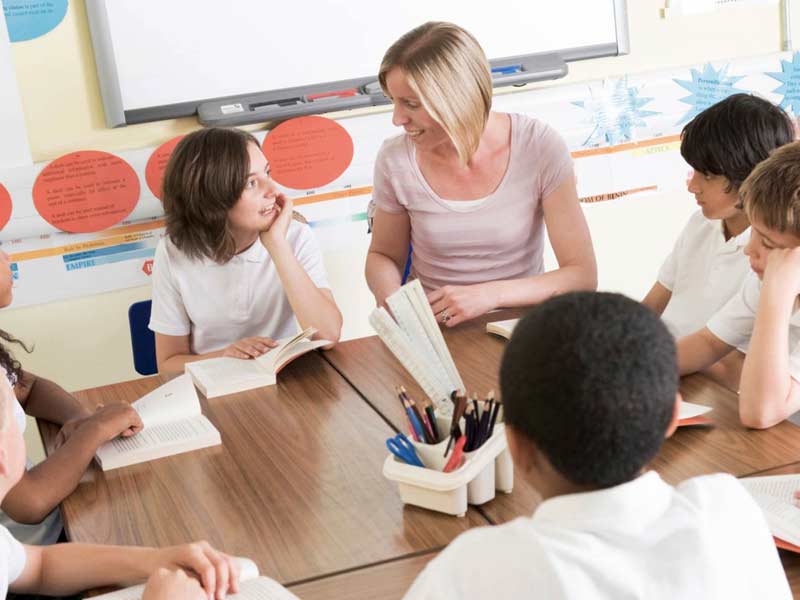
Teachers might add defined protocols or discussion frameworks to help students get the most out of group conversations. For instance, implementing the Socratic Seminar technique motivates students to pose critical queries, pay attention to what their peers are saying, and engage in civil discourse.
Simulations
Create synthetic or virtual settings that reflect actual conditions. They give students the chance to actively interact with complicated systems, make choices, and see how those choices affect the world around them.

Teachers can add collaborative components to simulations to enhance them, allowing students to work as a team to solve challenging challenges inside the simulation.
Hands-on Experiments
The method gives students the chance to interact directly with the subject matter through hands-on experiments. Hands-on activities encourage active learning by enabling students to explore, observe, and analyze real-world events. This is true whether they include performing demonstrations, making models, or doing scientific experiments.

Teachers should encourage students to record their observations and discoveries in multimedia formats like video recordings or digital portfolios to further the impact of hands-on experiments. This documentation not only shows what they have learned but also enables reflection and assessment in the future.
Also, Read Therapist : 18 Different Types to Consider A Career In
Case Studies
Analyzing and debating actual instances or situations that relate to the subject being taught constitute case studies. Students can acquire analytical skills, improve their decision-making, and apply theoretical information to real-world circumstances by looking at difficult problems.
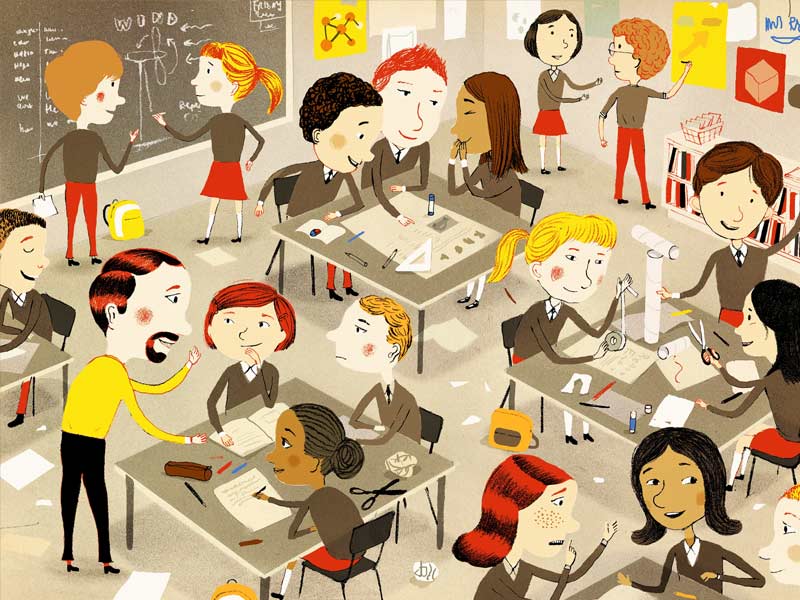
Teachers can encourage students to perform primary research by speaking with participants in the case or by visiting important sites to make case studies more interesting. Their opinion gains depth and authenticity from this actual experience.
Interactive Games
Making use of educational games in the classroom can make learning enjoyable and interesting. Interactive games give students a realistic and engaging environment in which to apply their knowledge, solidify concepts, and hone their skills.
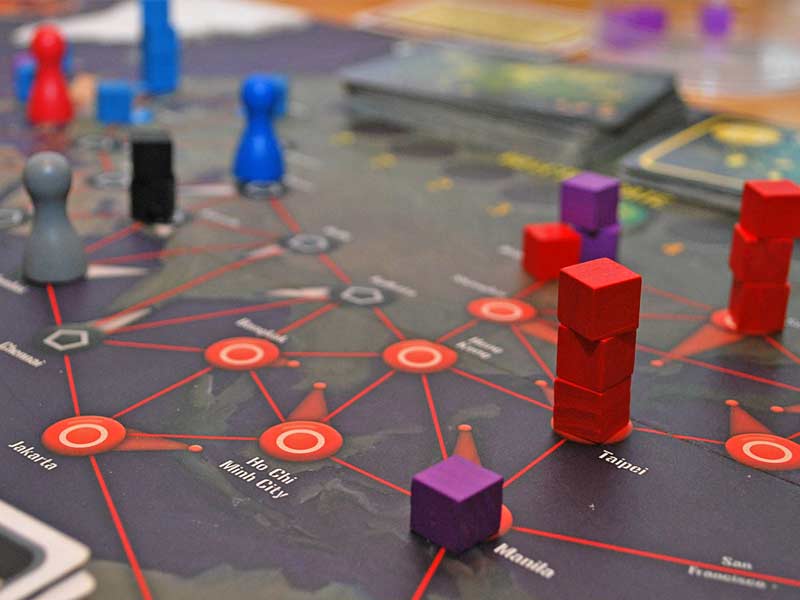
Teachers might use gamified components like leaderboards, badges, or awards to improve interactive games by encouraging competitiveness and active participation. This gamification technique promotes internal motivation and a feeling of accomplishment.
Multimedia Presentations
teaching methods, such as When delivering content, multimedia presentations use a variety of audio-visual components, such as photographs, videos, and interactive tools. This method promotes engagement, accommodates various learning styles, and aids in memory retention.
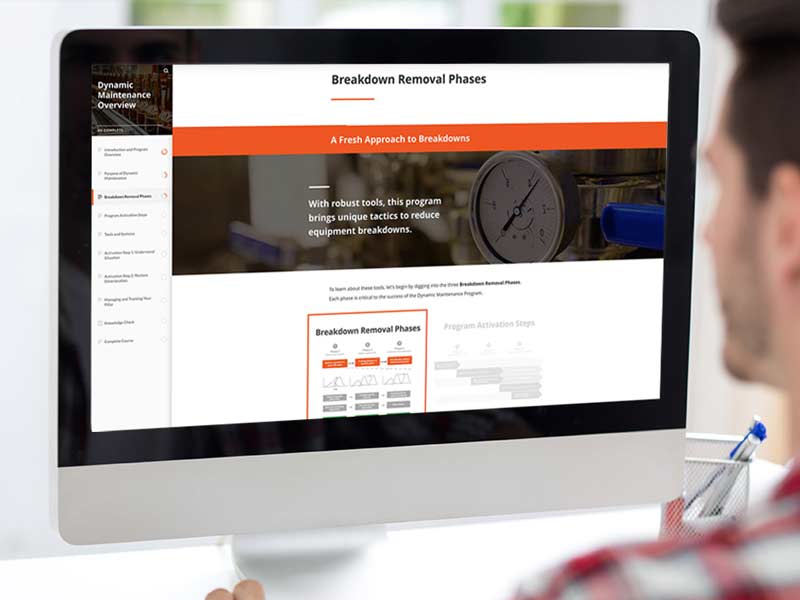
Students’ artistic abilities can be unleashed and individual learning preferences can be catered to by encouraging creativity by letting them experiment with various presentation styles, including infographics, movies, or podcasts.
Debates
Students’ critical thinking and argumentation abilities can be raised by including them in organized debates on contentious issues. Students gain the ability to analyze material, create compelling arguments, and politely participate in intellectual conversation by conducting research and articulating their points of view.
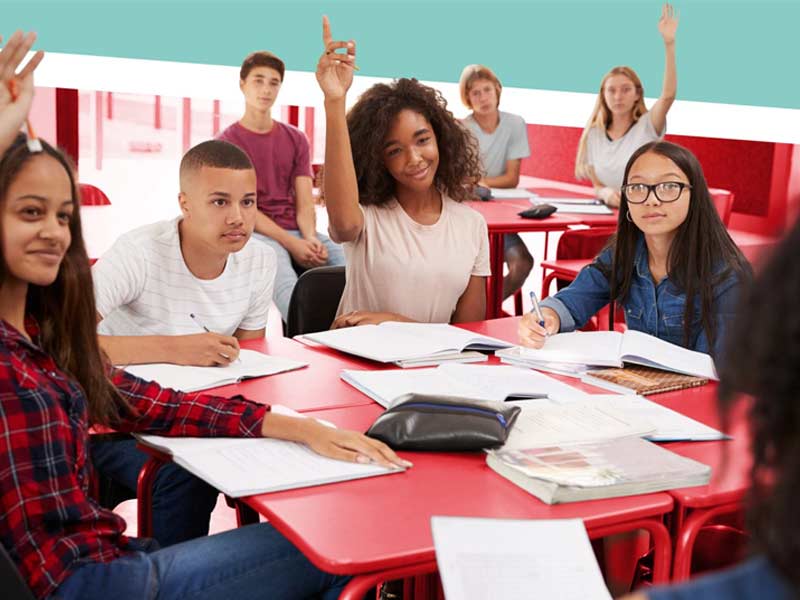
Teachers can randomly assign roles or allow students to choose their positions using a lottery mechanism to further enrich debates. This strategy forces students to engage in critical analysis and persuasive argumentation from various angles, thereby deepening their comprehension of complex problems.
Problem-Solving Activities
Students are pushed to use their knowledge and abilities to solve challenging problems in problem-solving activities. These tasks, which might be open-ended or planned, call on students to exercise critical thought, evaluate data, and come up with solutions.
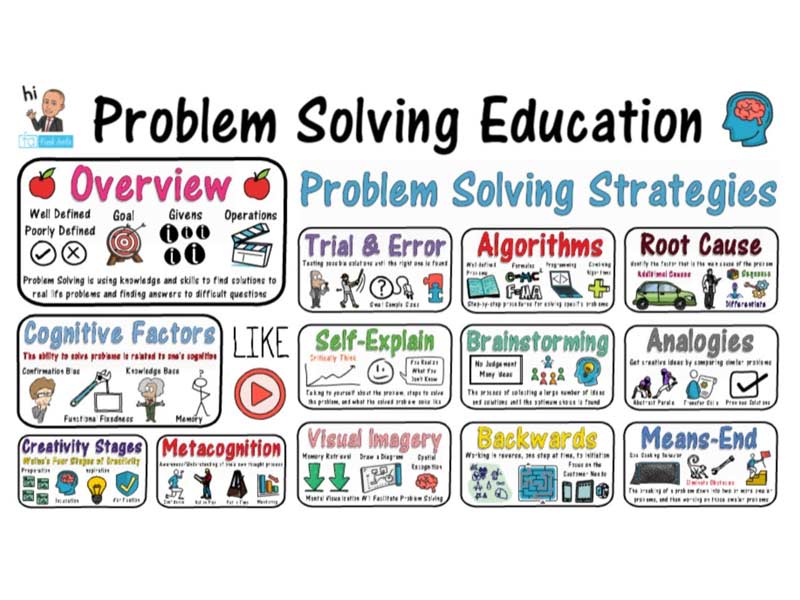
Teachers might add time limits or real-time challenges to problem-solving activities to make them more dynamic by imitating real-world situations that call for quick thinking and decision-making. Students are inspired to think quickly and to become resilient in the face of challenges by this sense of urgency.





















